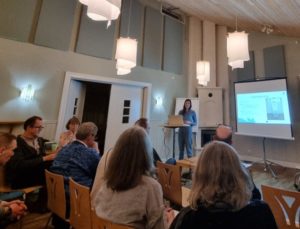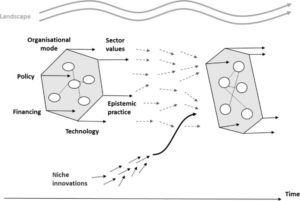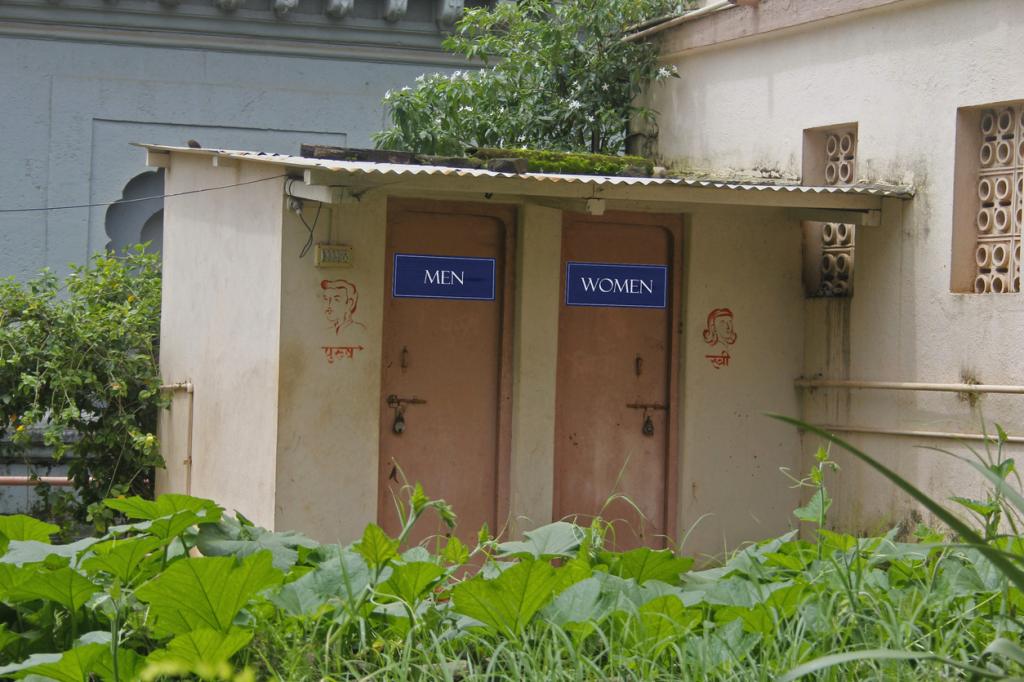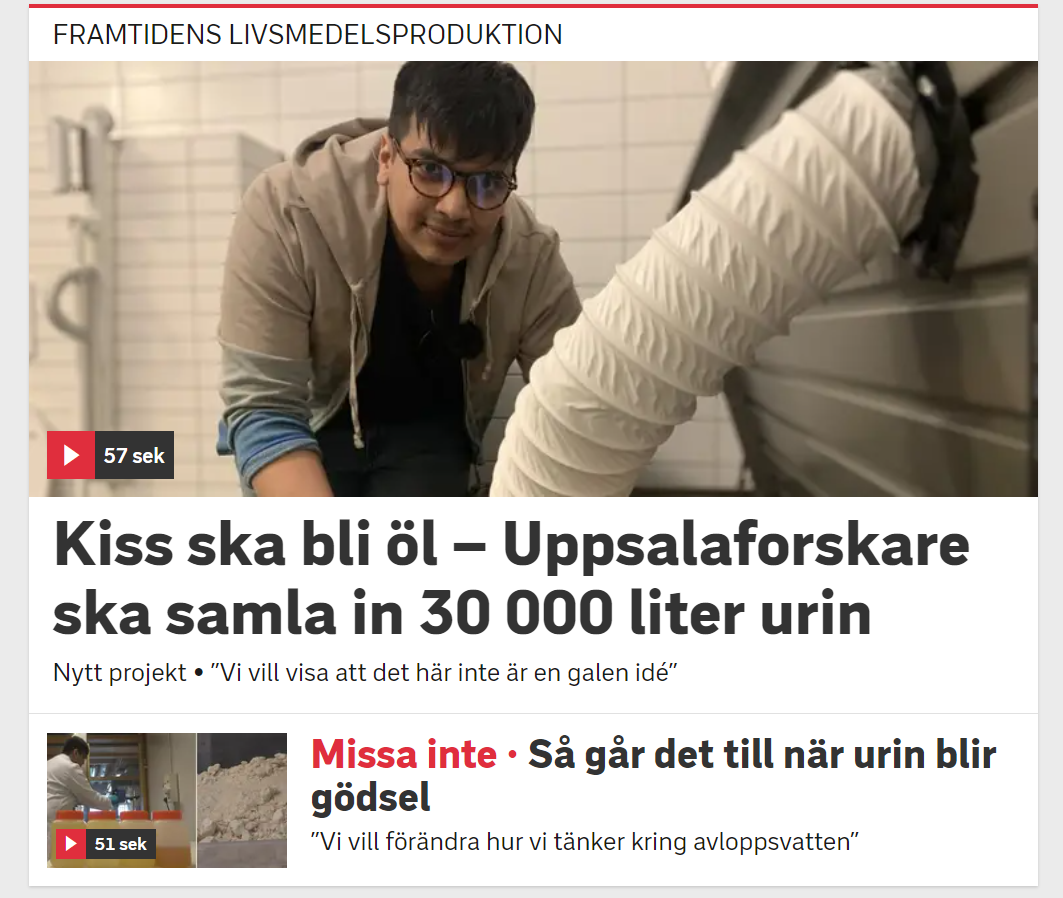A seminar was held at the Norwegian water association in Oslo focusing on circular sanitation solutions in Norway. Björn participated and presented his vision for of the sanitation system of the future – being off-grid and fully circular inside a house. The vision is far ahead of the discussions about how we should treat our wastewater today. Most systems needed for a fully circular sanitation system already exist today, though they are still yet to be combined.
At the moment, Norway is facing major investments in the water and wastewater sector with a goal to bring down the environmental pollution. Hamse Kjerstadius from NSVA in presented their system with source separation installed in the city center of Helsingborg. His motivation for this implementation was economy and the environment. There were also several presentations from Norwegian delegates showing that under some specific circumstances source separating systems are economically more feasible when combining local and central treatments. One important factor lifted at the seminar, and that is true for Sweden as well, is that many of the regulations and legislations are unclear when it comes to sanitation that is not based on current conventional system.
The seminar was attended by people from academia, industry, and municipalities, where all were united in the vision of source separating system as the wastewater technology of the future.
Link to program
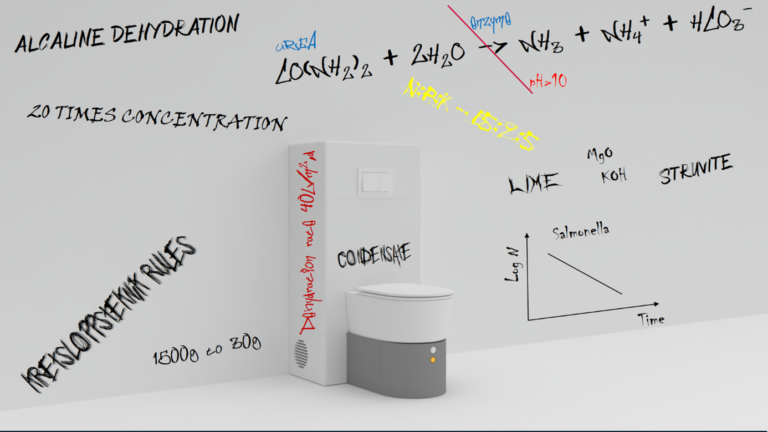
Alkaline urine dehydration, function and system.


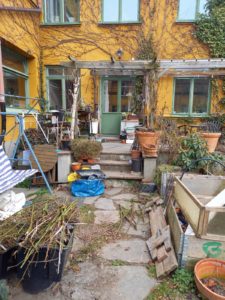 Last week several members of the group had the pleasure of visiting two ecological housing collectives situated in Stockholm –
Last week several members of the group had the pleasure of visiting two ecological housing collectives situated in Stockholm – 